Long distance races are my first love, but they require lengthy training and recovery. Splashing in some 5K races is a lot of fun, hard work if you want to do well, and can teach you unexpected lessons for long distance running. I’ve seen a lot of advice for increasing distance from 5Ks, but never the other way around. I’d like to share my 5K tips for the long distance runner.
5K Tips for the Long Distance Runner
1. Practice makes perfect
As a long distance runner, you are probably comfortable running 3.1 miles. It’s the pacing, strategy, and anaerobic threshold that has you worried.
While it’s counterproductive to run a handful of marathons in a span of a few weeks or months, the quick recovery time of a 5K allows you to do such a thing. So, take advantage and practice.
Don’t just run one 5K, run a few. Try different strategies, learn what works and what doesn’t, and have fun.
2. It is hard to recover from starting too fast
In my last two 5Ks, my first miles were 7:47 and 7:57 respectively. I ran the entire race 17 seconds faster with the slower first mile.
If you race yourself to oxygen debt, you will lose more time trying to recover mid-race, than you will gain with your initial speediness.
I like Lauren Fleshman’s simple strategy: “Run the first mile with your head, the second mile with your focus, and the third mile with your heart”.
3. It is impossible to recover from starting too slow
The 5K requires some amount of fearlessness. If you go out too slow and too cautious, you will run out of meters to show up and perform.
It’s just math.
This was a big hurdle for me. My big fear was that I’d go out too fast, crash, and burn. So I ran giant negative splits, but did not perform well overall.
My better performances were strong start/middle float, because it is hard to recover from starting too fast, but impossible to recover from starting too slow.
Know which way you lean, and practice different strategies to get your best performance. Negative splits account for most world records. I aim for them, but did not master them in the 5K distance.
4. Long and short training cycles are the same
If you use a plan for the 5K (I used Hal Higdon’s Intermediate), you will often find the plans shorter than the 12, 16, 20 week plans for long distances. In those 3-5 months of training, it feels natural to go through stages of love, hate, burn out, tiredness, and second winds.
But, going through all those stages in a compact 8 week plan surprised me. I wanted to ignore and power through when my body or my mind asked for rest, because it was only 8 weeks.
Don’t do that. Listen to your body and respect its journey through a training program, no matter the goal distance or program length.
5. Training gains are nonlinear
If you are working through a training plan, sometimes multiple races can give you too much or incorrect information. My mid-plan 5K test showed backwards performance. I decided not to change what I was doing, though. Four weeks was too soon to abandon the plan.
Training gains come in a nonlinear fashion. Be careful assessing and making changes in your training too soon.
6. Be warm and ready to perform
In a long distance race, you have time to get into your groove mentally and physically.
There is no time for that in a 5K.
Get blood pumping to your legs. Get your body moving and ready. Get your mind in the game. I like to do a warm up run and strides. Strides will get those legs turning over quick before the 5K start.
7. Long and short distances teach different things
As a long distance runner, you cultivate determination, discipline, and extended strength. During a race, you keep calm, recover from mistakes, and always hold on to hope.
Short distances cultivate other strengths. A good 5K race requires fearlessness, focus, intensity, and power. Back those qualities up with your long distance strengths and you become a force – not just in 5Ks, but in your favorite long distances, too.
5Ks for the Long Distance Runner
The 5K has a lot to teach a long distance runner in speed, focus, and intensity. I think dabbling in this short distance during my off-season is going to propel me to a different competitive stage in long distance.
I am grateful for my time with the 5K. 5K racing felt like a tune-up. I feel more on point and ready to tackle the miles for my next long distance adventure.

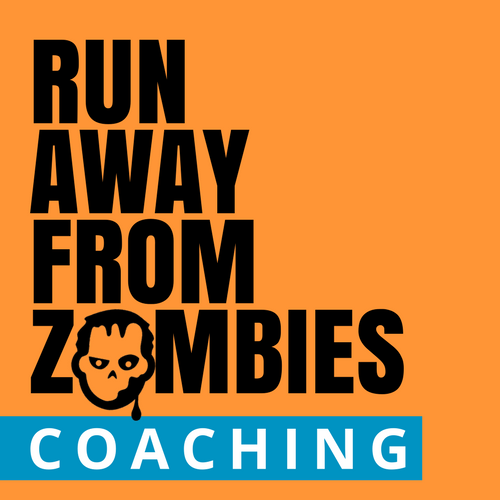
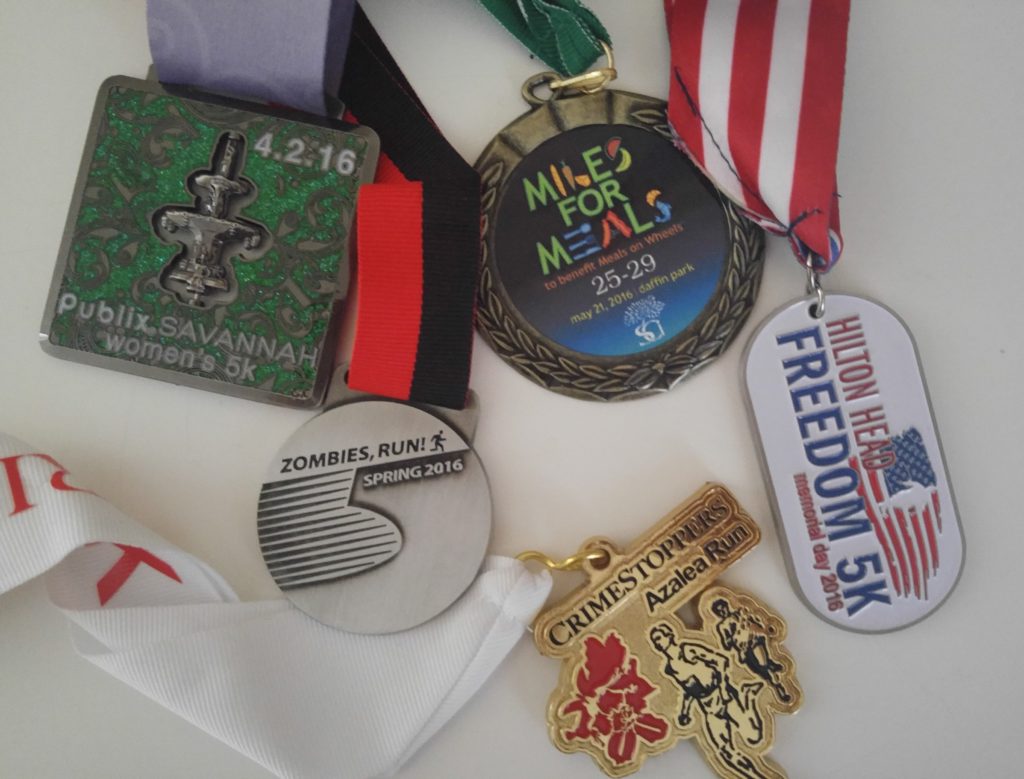
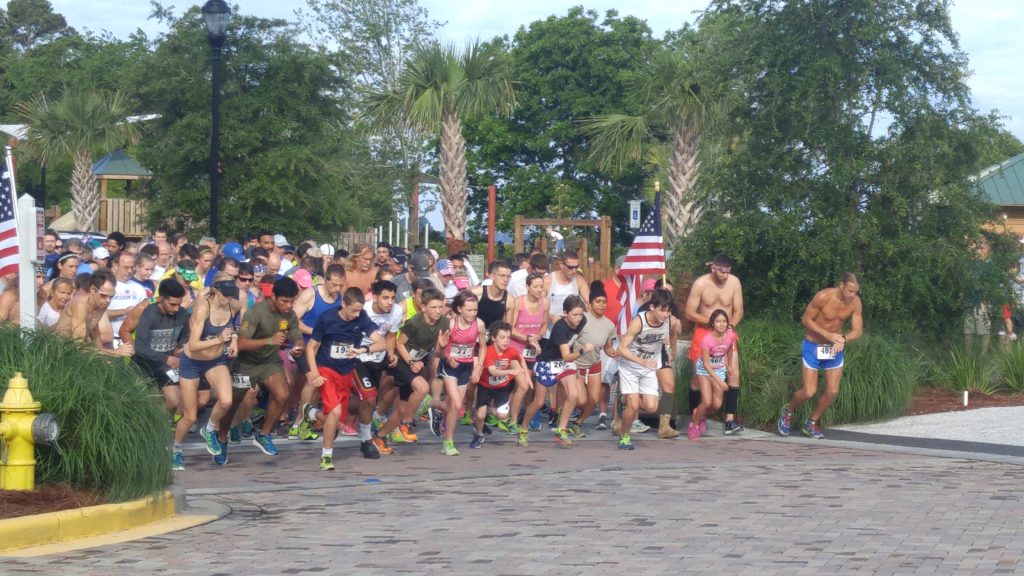
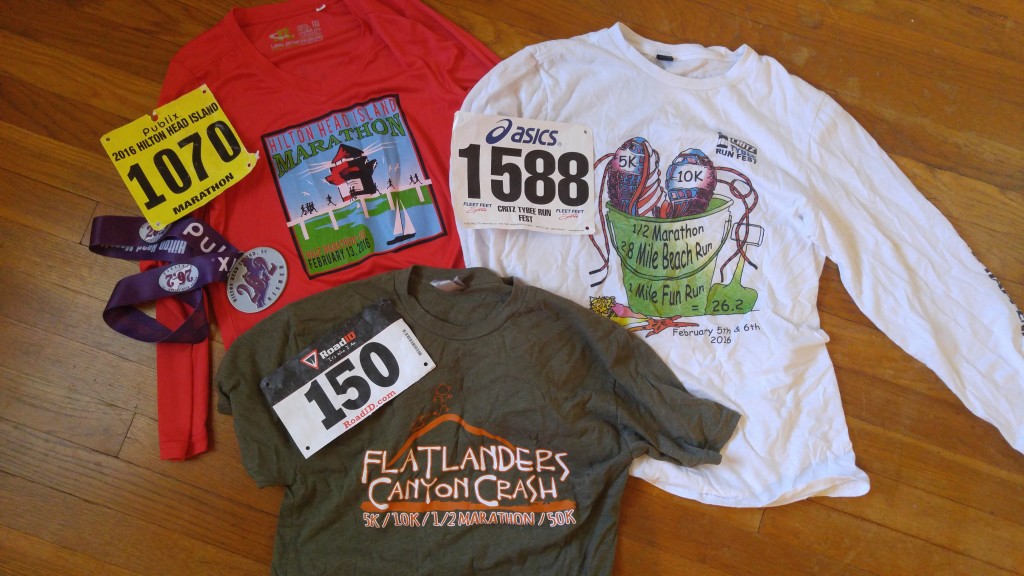
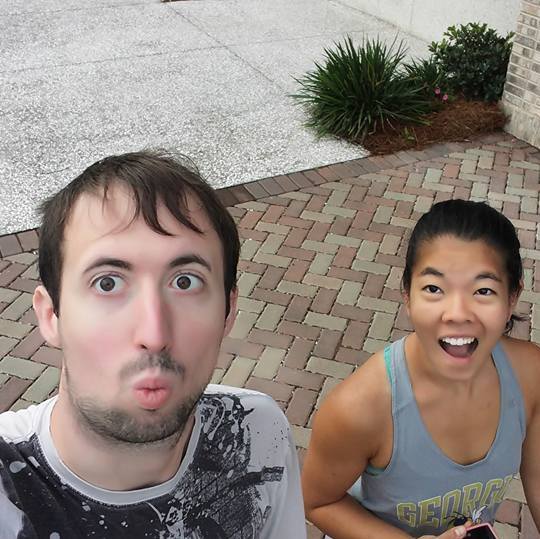
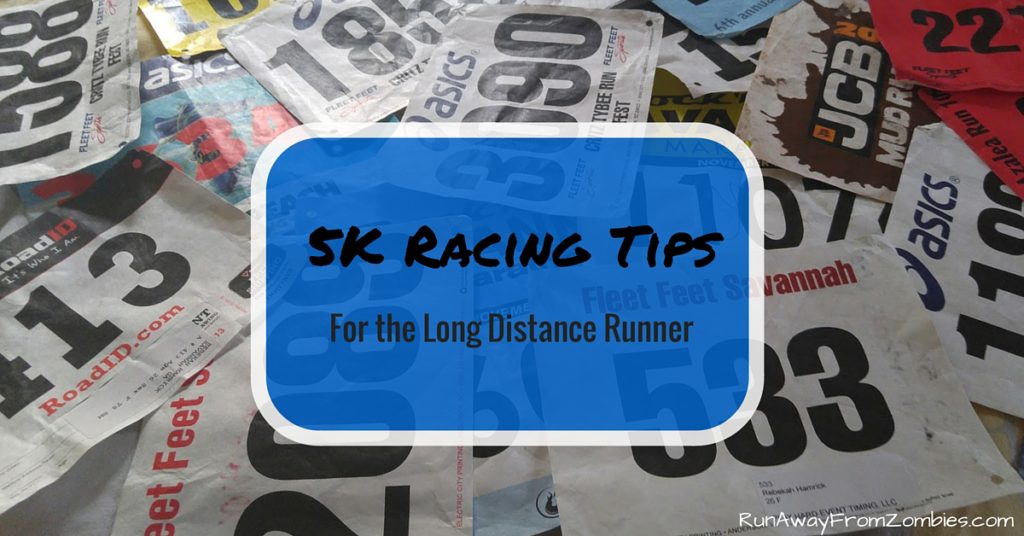


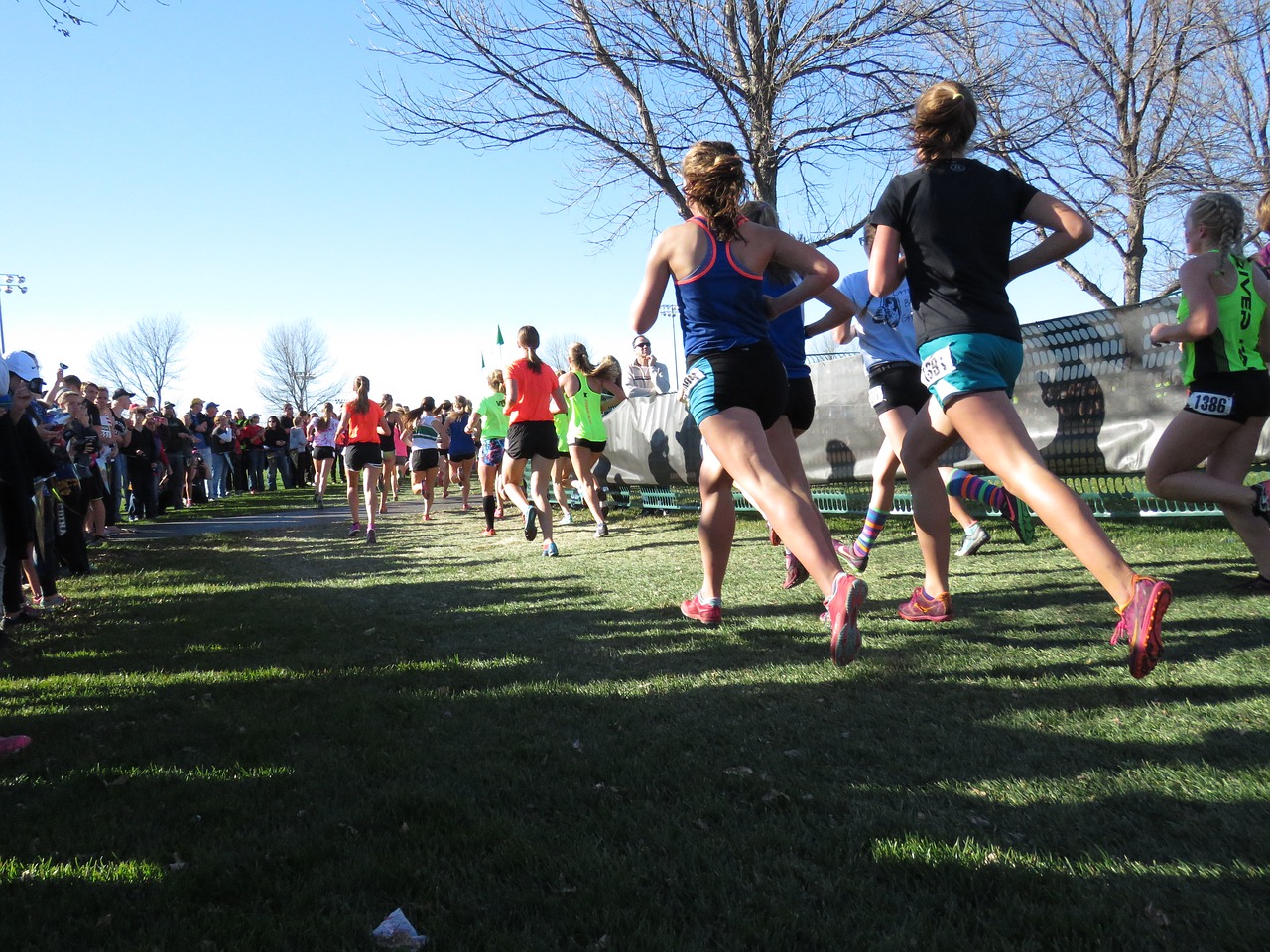
Leave A Comment